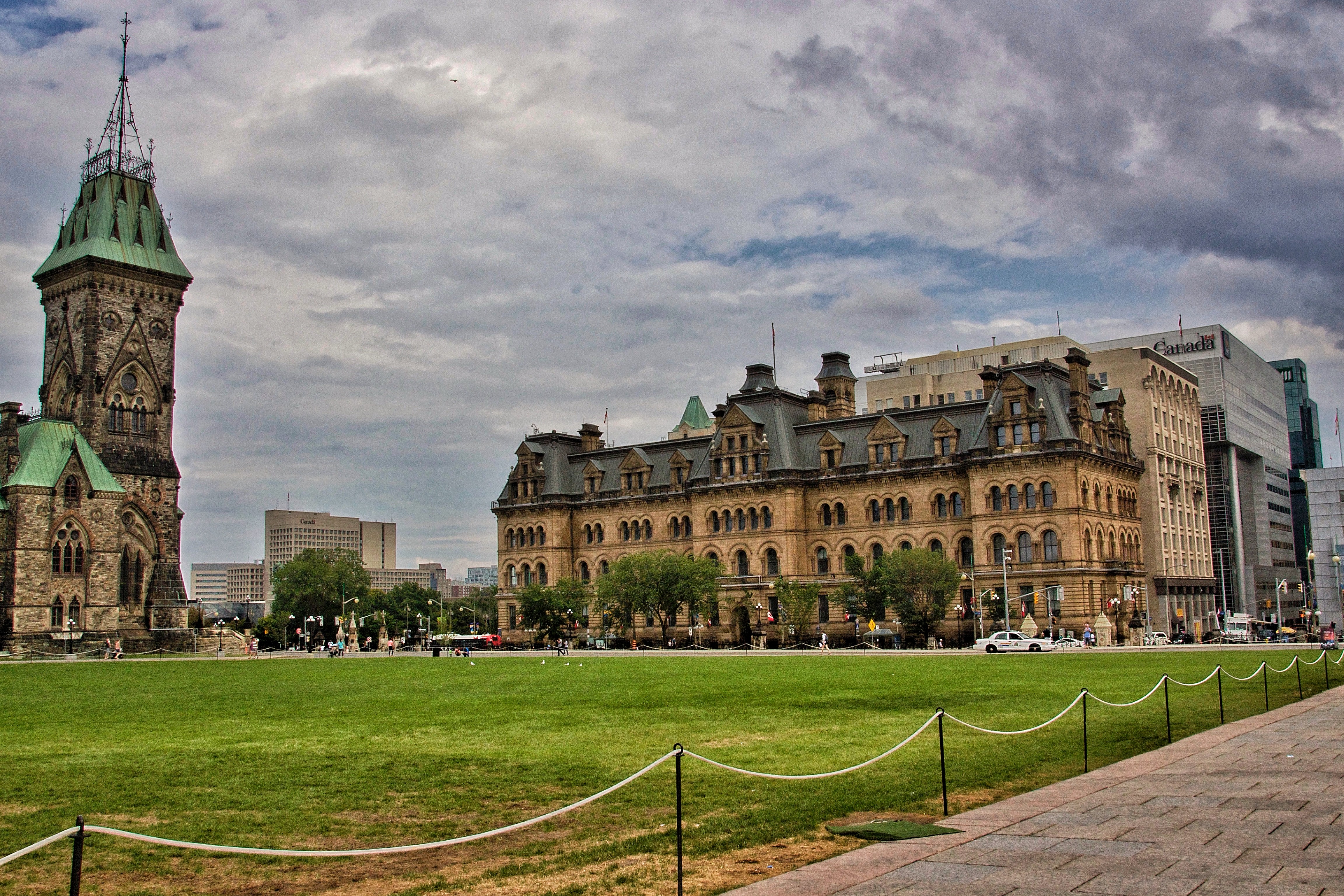Jocelyn Downie and Jon Goud explore what happens if the Attorney General’s request for still more time to fix Canada’s unconstitutional medical assistance in dying law is granted (or not).
__________________________________________
The Attorney General of Canada has just gone back to court to ask a Quebec judge to allow Parliament to continue to violate Canadians’ Charter rights.
Last September, Justice Christine Baudouin ruled that the requirement that a person’s natural death be “reasonably foreseeable” before they can access medical assistance in dying (MAiD) violates the Charter. She gave the government six months to fix the law. She also gave the applicants in the case a “constitutional exemption” so they could, even before the six months was up, access MAiD without their natural death being reasonably foreseeable.
In February, with the deadline approaching, the Attorney General requested and was given a further four months. But recognizing that the violation of Charter rights was dragging on, Justice Baudouin also authorized “any person” who meets all but the “reasonably foreseeable” criterion for MAiD to ask a court for a judicial authorization for MAiD. Two Quebeckers have successfully done so thus far.
Now the Attorney General is asking for even more time – an additional 5 month extension. Granting the request would mean more months of Canadians being denied access to MAiD even though that denial violates their Charter rights. So we must ask what happens if the extension is granted? And what happens if it’s not granted?
The Attorney General would have Canadians believe that, if the extension is not granted, Justice Baudouin’s decision only applies in Quebec, so Quebeckers would be able to access MAiD even if their deaths were not yet reasonably foreseeable, but everyone else in Canada whose death was not yet reasonable foreseeable would not be able to access MAiD. Similarly, the Attorney General would have Canadians believe that if the extension is granted, the judicial authorization path to MAiD provided by Justice Baudouin to “any person” will only be available to Quebeckers.

Photo Credit: Onasill ~ Bill. Image description: Parliament Hill and West Block of the Canadian Parliament buildings.
We argue that the Attorney General should not take the position that Justice Baudouin’s decision applies only to Quebec.
Despite what the Attorney General’s comments suggest, the law on this issue is not settled. There is case law that would support the Attorney General’s position. But while Justice Baudouin did not rule on the issue, she explicitly pointed to a passage in a Quebec Court of Appeal case seeming to undercut it:
It is true that, as a general rule, the judgments of the courts of a province have no extraterritorial effect. It would be legally unacceptable, however, in a constitutional area involving the Attorney General of Canada regarding a matter within the jurisdiction of the federal Parliament, for a provision to be inapplicable in one province and in force in all of the others.
Some would argue that Canada’s federal system permits provinces to disagree on important issues – for example, Saskatchewan and Ontario do not favour a carbon tax; British Columbia and Manitoba have a different minimum wage. This is true, but not for all matters. Criminal law is the same everywhere – murder in Alberta is murder in Nova Scotia. To allow the decision to take effect only in Quebec is to disrespect the founding constitutional decision to give exclusive jurisdiction over the criminal law to the federal Parliament.
The Attorney General’s position allows a legal strategy that would create an enormous access to justice problem. They could lose a Charter challenge and decide not to appeal it so as to restrict its application across the country, forcing individuals in each and every province and territory to bear the cost of litigating their own rights. The issue would only get to the Supreme Court of Canada if the plaintiffs lose and have the significant financial resources needed to appeal all the way to the highest court. Simply put, the Attorney General could game the system and wait until they lose a case on a set of facts or reasons they find more advantageous to them and choose that case as the one they take to the Supreme Court of Canada.
So when the Attorney General steps back into court to defend their request for yet another extension, they should not continue to argue that Justice Baudouin’s decisions only have effect in Quebec. Further, if they do not get their extension, they should acknowledge that the striking down of the “reasonably foreseeable” provision applies nationwide. If they do get their extension, they should acknowledge that all Canadians can ask a court for judicial authorization for MAiD during the extension if they meet all but the “reasonably foreseeable” requirements for MAiD. This is the least they can do given that they are seeking permission to continue to violate Canadians’ Charter rights – four years after they started doing so when they passed an unconstitutional law.
__________________________________________
Jocelyn Downie is the James S. Palmer Chair in Public Policy and Law at the Schulich School of Law at Dalhousie University. @jgdownie
Jon Goud is a third-year law student at the Schulich School of Law at Dalhousie University.



